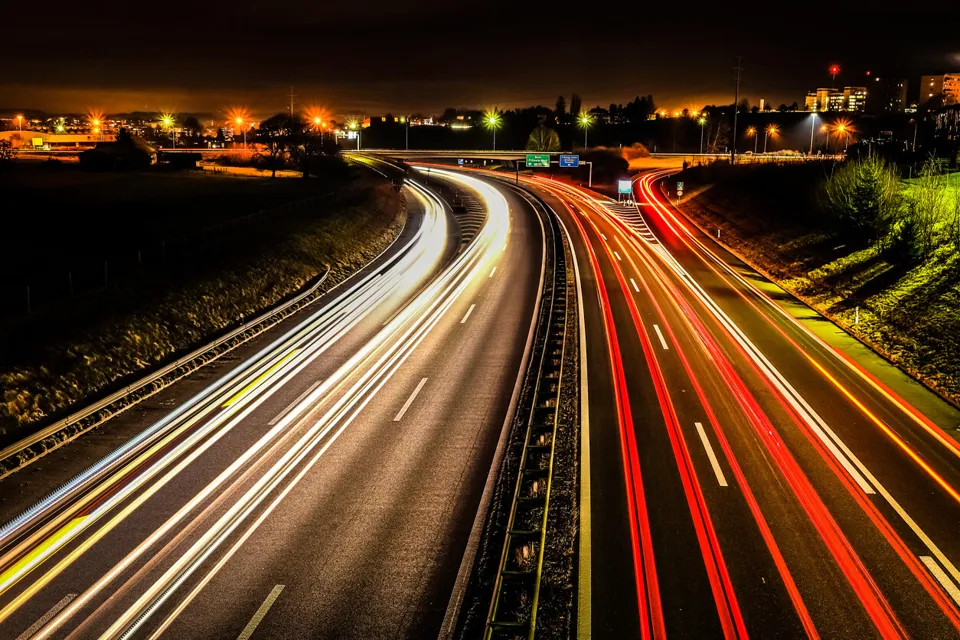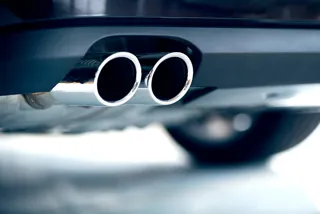Covid-19 can provide the catalyst for a green transport revolution, according to the transport secretary, Grant Shapps.
Speaking at the Low Carbon Vehicle Partnership (LowCVP) annual conference, he said the Government is putting its full weight firmly behind the net zero campaign.
He told delegates at the LowCVP conference: “We can reframe the narrative around green vehicles and show that it is this generation that will drive the transition to zero carbon road transport.”
Shapps explained that coronavirus has given the UK a unique opportunity to rethink the way people travel and to accelerate the development of clean technologies.
“Part of the opportunity is to shift opinions,” he said. “To impress on the country that the green transport revolution which we’ve been talking about for many years is actually happening now.
“Some of the transformational improvements are literally within touching distance.”
Government has already incentivised fleet decision-makers and company car drivers with new benefit-in-kind (BIK) tax rates, published earlier this year.
They included a new zero BIK percentage rate for pure battery electric vehicles (BEVs) this tax year, with leasing companies reporting soaring interest from fleets in plug-in company cars as a result.
A survey – carried out by LowCVP for the virtual event – shows that the vast majority (92%) of respondents agree that now is the moment for a ‘reset’ in terms of decarbonising road transport, with some 85% saying the pandemic has opened the door to the public accepting more radical and effective policy prescriptions for ‘greening’ road transport.
LowCVP to rebrand to reflect net zero ambition
LowCVP’s managing director, Andy Eastlake, said: “Our target must no longer be to achieve ‘low carbon’ road transport but to eliminate greenhouse gas emissions from every stage of the whole transport system.
“That’s why, I’m announcing today that our partnership of over 200 organisations will be changing focus from ‘low’ to zero carbon and will be introducing a new brand identity to better reflect our revised objective of net zero by 2050.
“We’ll be working with leading partners in the next few weeks to introduce a new name that will communicate our heightened ambition but still reflect the vital role every member has in contributing to rapid decarbonisation.”
More than 1,000 people attended the LowCVP’s online conference, which featured more than 20 speakers.
Shapps said: “Through unprecedented collaboration with the extraordinary array of businesses, academic and environmental institutions that make up the Low Carbon Vehicle Partnership, this Government is putting its full weight firmly behind the net zero campaign.
“By working closely together, we are rebuilding our infrastructure, investing in cutting edge technology, and enabling a green transport recovery as we work towards our full Transport Decarbonisation Plan later in the year.”
Fleet News will host a webinar on July 28 at 11am looking at the UK business response to the fleet challenges presented by Covid-19 and what it means for future fleet policy. Click here to find out more.
Time is right for 'radical change'
The LowCVP’s conference survey found that 91% think that the time is right to ramp-up ambition in terms of road transport decarbonisation and that there is an expectation that people are now open to more radical and rapid change.
While most respondents said that the right balance must be found between economic and environmental objectives, a significant minority (nearly 30%) also said that environmental concerns should be prioritised even if there is an economic cost.
A majority of respondents (nearly 63%) think that we can achieve a 'win/win' for the environment and economic recovery if the right policies are implemented.
Meanwhile, more than three-quarters of respondents believe that the £27 billion earmarked for new roads in the March Budget should be reallocated to other uses.
Public and shared transport will need to play a significant part in the transition to net zero, but LowCVP’s survey suggests it will take some time for the sector to recover.
Around 25% said that it will take less than a year for public and shared transport to recover to former usage levels. More than half (55%) think that the recovery will take up to five years, while around 13% think it will take longer or might never reach former usage levels.
In terms of how emissions reductions from road transport will be achieved, respondents were quite evenly split.
Travel demand reduction was seen as the likely largest contributor followed by the mass adoption of zero emission vehicle, a shift to shared/public transport and the wide adoption of low carbon fuels.
Amongst policies favoured by expert respondents are ending subsidies on fossil fuel production, distribution and use; investment in ‘green’ technologies; regulation of the sale of petrol/diesel vehicles and the introduction of road user charging and carbon pricing.
Emerging from the lockdown, a significant majority of respondents (nearly 70%) expect to reduce their own travel across most or all of their activities.
Only around a quarter of respondents expect to travel as much as they did before.




















Login to comment
Comments
No comments have been made yet.